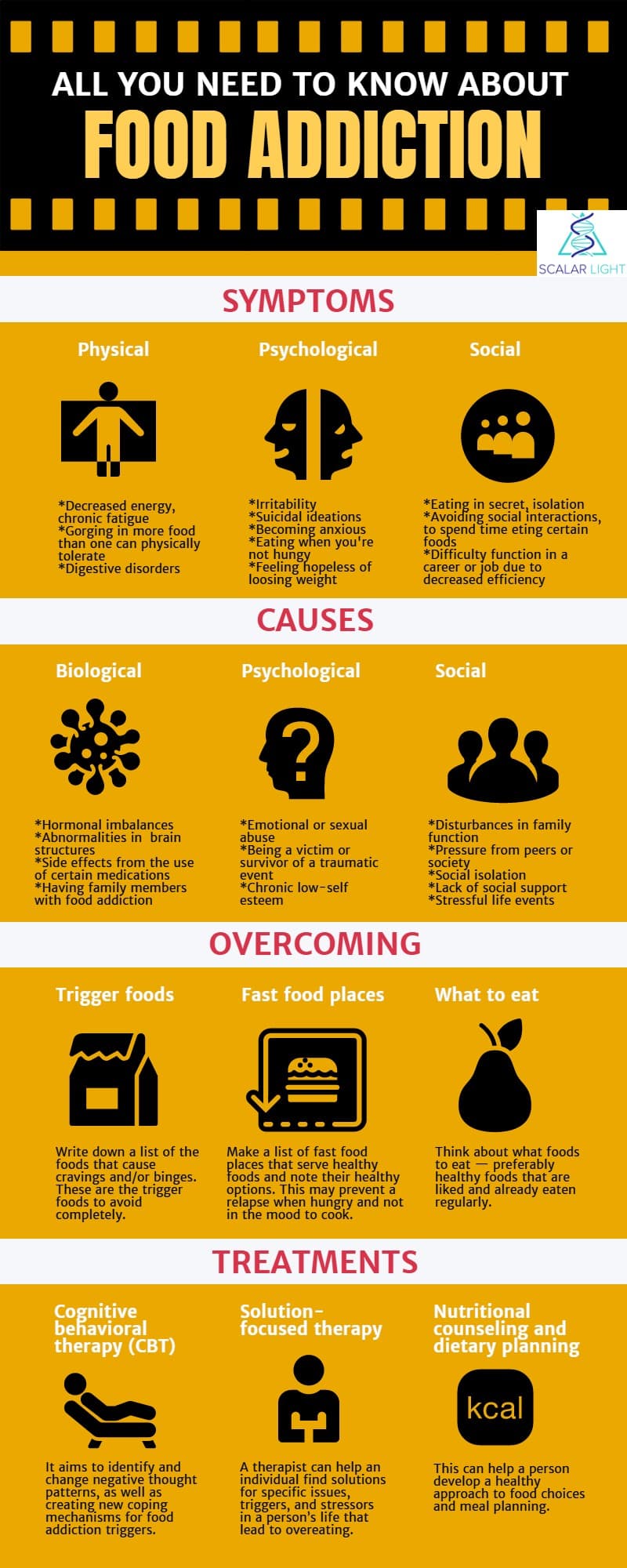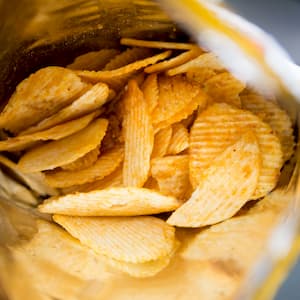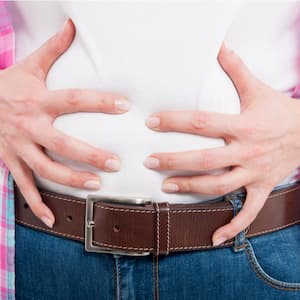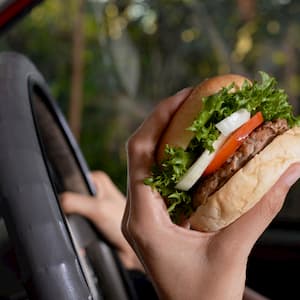Being overweight is one of the main risk factors for some of the most common health issues and diseases that face us in the modern world. We all know that healthy eating and exercise are key to maintaining a healthy weight and yet the world is facing an obesity epidemic. The big question is why? Why are we so compelled to eat more than we need, and why do we gravitate towards the unhealthy foods that we know wont do us any good? It all comes down to convenience, habit, and the effect that many high fat, high sugar foods have on our brains. For many of us, it requires will-power to limit our intake of unhealthy foods. However, for some people, the urge to overeat the wrong kinds of foods is so strong that it feels like a food addiction. There has been much debate over recent years about whether such compulsions are true addictions.
How is Addiction Defined?
The American Psychiatric Association defines addiction as continued use of a substance despite the fact that there may be negative consequences. This term is usually applied to substances that we consider to be drugs such as alcohol, nicotine in cigarettes, illegal drugs and medications such as opioids. The struggle of addicts is something society is familiar with, and addiction recovery programs are an important part of the public health system.

Is Food Addiction Real?
Addiction to food is sometimes dismissed as not a true addiction. After all, we have to eat to stay alive, so how can we really say a person is addicted to food? However, research shows that for some people, certain foods have the same impact on the so-called reward centers of the brain that opioids do. For these people, the compulsion to eat is overwhelming; it is not just a case of resisting temptation using willpower. Dopamine, a neurotransmitter found in the brain, provides a feel-good factor, a high that the body craves more of. Unfortunately, the foods most associated with this high are those that are most dangerous for health. Processed foods, refined sugars and trans fats are the most commonly craved foods.
Signs of Food Addiction
While most of us are partial to certain foods, and many of us over-indulge or choose foods that we know arent good for us, addiction is a more serious issue. Some of the signs and symptoms of food addiction may include:

Feeling unable to stop eating a particular food, and often eating more than you planned. For example, opening a large packet of potato chips with the intention of having one small portion and saving the rest for later, but instead eating the whole packet.
Eating until, or beyond, the point where you feel ill. For example, feeling a little nauseated and then choosing to ignore that feeling and continue eating.


Eating a food despite knowing that you are intolerant to it or that it poses a danger to you. For example, consuming sugar despite diabetes, consuming excess trans-fat despite having high cholesterol or consuming bread containing gluten despite having a gluten intolerance.
Keeping on eating despite being full or starting to eat a certain food when already full. For example, craving a particular food despite having had a full meal.


Eating in secret or hiding your eating habits from others. For example, eating in the car before going into the home or lying about what you have eaten.
Going to extreme lengths to get hold of a certain food. For example, stockpiling certain foodstuffs or spontaneously going to the store in the middle of the night to get them.


Basing your social life compulsively around food. For example, ensuring that every social gathering revolves around meals and treats.
Feeling that your relationship with food stops you from functioning well; for example, the feeling that you have to avoid certain places or events because of not being able to control eating.


Excessive feelings of guilt around eating; this is a symptom of many different food issues including compulsive binge eating or undereating.
Withdrawal symptoms when certain foods are avoided. These may include anxiety, irritability, discomfort, and strong cravings.


Emotional eating, for example, eating to help you cope with stress, or eating as a reward to celebrate, or both.
Food addiction can result in obesity and ill health, but it also has an impact on relationships and how a person feels about themselves. Feeling unable to stop eating a certain type of food and the resulting consequences on the body can lead to significant mental health issues. Depression and anxiety can accompany the feeling of being out of control of your eating habits, and weight gain can have a negative impact on a persons self-esteem. This can have a devastating effect on a persons life, and this type of addiction is often undiagnosed so that a person is simply labelled as greedy when really, they are battling a much deeper problem that requires support.
Dealing with Food Addiction
When a food addiction is suspected, it can take a lot more than a strict diet or will-power to change the eating habits. Recovery from food addiction is very difficult because unlike other forms of addiction, you cannot avoid food forever. We must eat, and so developing healthy eating habits is understanding the reasons for the addiction is the only way to overcome food addiction. There is a mental aspect of food addiction that may require counselling or talk therapy to fully understand. Therapies such as Cognitive Behavioral Therapy (CBT) can help to change the feelings and thoughts that may be associated with food for you. A dietician can help explain the impact of food addiction and provide practical guidance on how you can best manage your diet. For more information on dealing with food addiction, see here.
Make no mistake, Food addiction is real! At Scalar Light, we have 2 speciality programs that may be of interest to you if you are struggling in the area…
